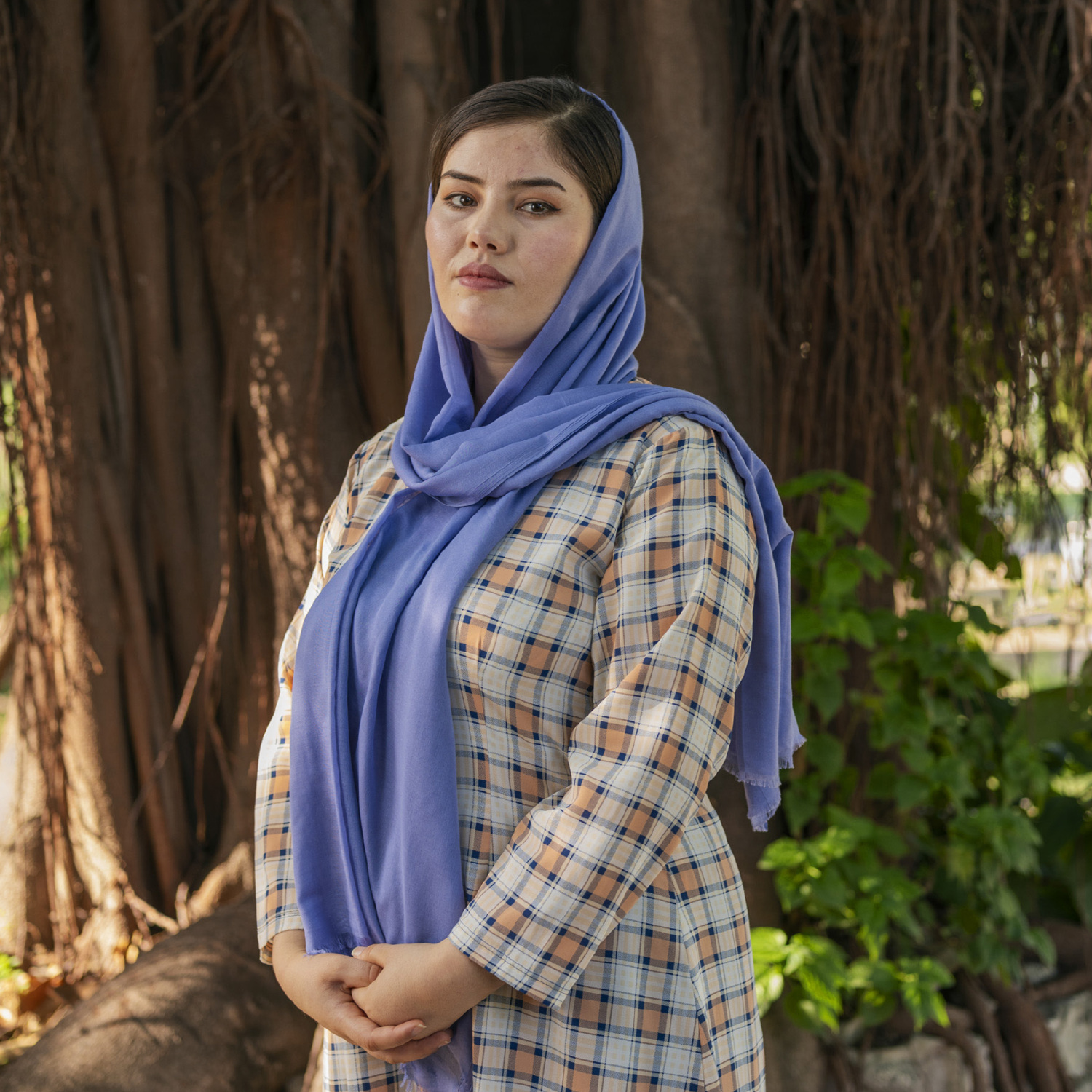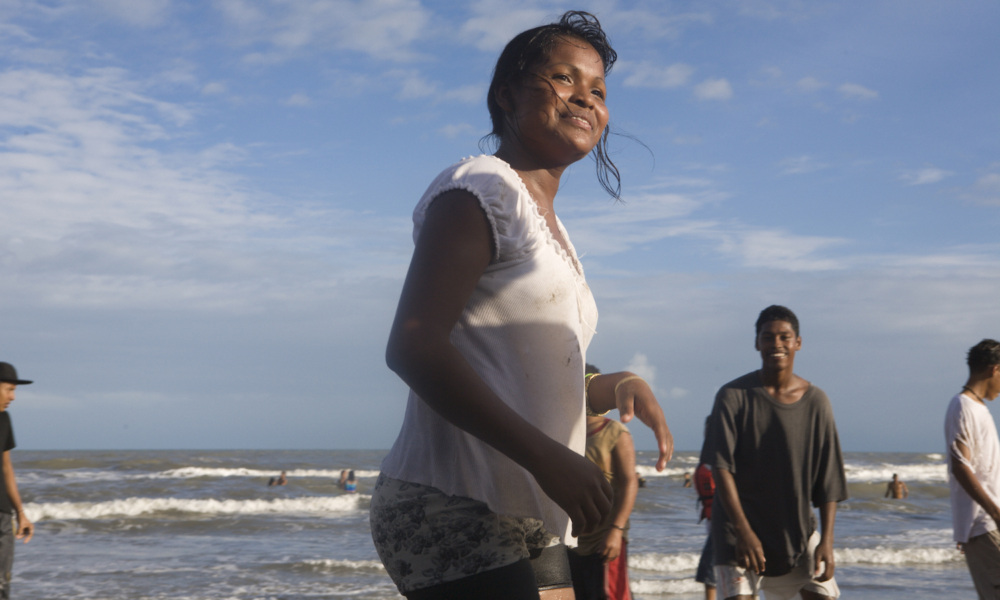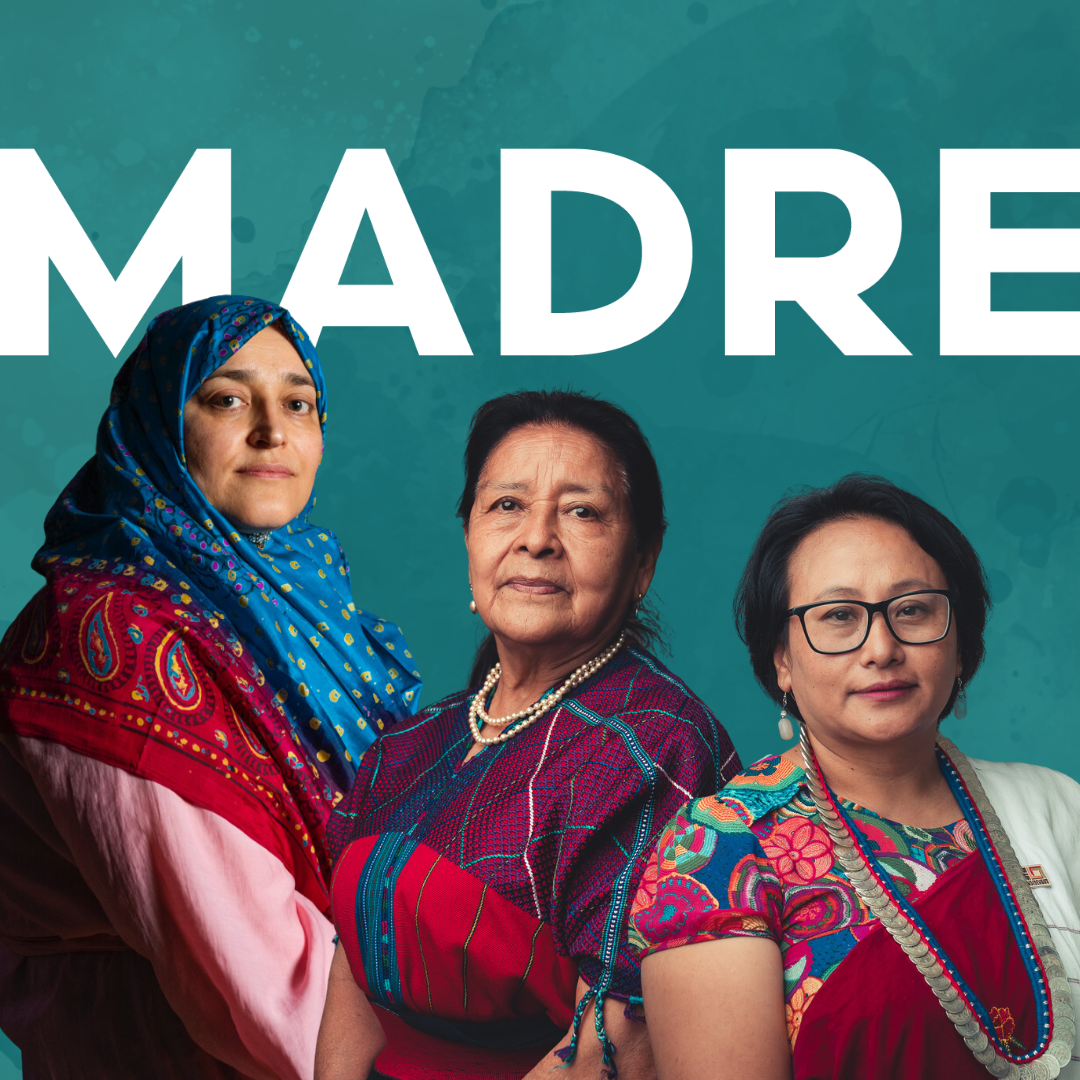MADRE ADVOCACY AT WORK
gender apartheid as a crime against humanity
Ensuring recognition of gender apartheid against women, girls, and/including LGBTQIA+ people.

Maureen Drennan
MADRE ADVOCACY AT WORK
Ensuring recognition of gender apartheid against women, girls, and/including LGBTQIA+ people.
Maureen Drennan
Please join us in calling on the UN to launch a global study to ensure recognition of all apartheid victims, including Palestinians, Rohingyas, women, and LGBTQI+ persons.
Sign the open letter to the UN Secretary-General here.
Advocates and experts have alerted the world to apartheid conditions in contemporary contexts, including against Palestinians and Rohingyas. They have also called for gender apartheid recognition in response to extreme rights violations against women, girls, and LGBTQI+ persons in Afghanistan. Yet no one has ever been held accountable for the crime of apartheid anywhere, and victims remain unrecognized and without recourse.
A UN study is urgently needed to officially recognize these and other forms of apartheid and illuminate pathways to justice. Such a Study would play a transformative role in policy and accountability responses, including for the draft new crimes against humanity treaty where apartheid will be codified.
Now is the time for accountability for apartheid and other atrocities. Join us and sign the open letter today.
For more information, please read the blog post explaining the issue in more detail.
In certain conflicts or atrocity contexts across the globe, armed actors have committed human rights violations and crimes against women, girls, and/including LGBTQIA+ people in an effort to enforce institutionalized regimes of systematic oppression and domination. To address this, civil society advocates and legal experts are calling for recognition of gender apartheid as a crime, and for its inclusion in a proposed crimes against humanity treaty.
Codification of gender apartheid as a crime against humanity will contribute to the progressive development of international law, and serve as an important tool to hold perpetrators of gender crimes accountable. MADRE is working with a coalition of civil society actors to promote its codification with a definition that captures all victims, including LGBTQIA+ people.
MADRE created a factsheet to equip advocates from an array of disciplines with tools to respond to questions about how to promote an inclusive definition of gender apartheid while maintaining momentum toward its recognition as a crime.
In January 2024, MADRE, along with partner organizations, made a submission to the Gender Apartheid Inquiry, an examination of the situation of women in Afghanistan and Iran conducted by a U.K. Parliamentary Panel and the International Bar Association’s Human Rights Institute. The Gender Apartheid Inquiry aims to identify practical and meaningful steps to address rights violations and crimes against women and girls within existing legal frameworks, while also exploring how these acts fit into the concept of gender apartheid.
MADRE’s submission focused on the situation of women, girls, and/including LGBTQIA+ people in Afghanistan. It explored how gender apartheid can complement existing criminal law infrastructure, and emphasized that a proper definition of gender apartheid should ensure that all victims of such crimes are recognized under law.
In Afghanistan, the Taliban has committed human rights violations and alleged crimes against women, girls, and/including LGBTQIA+ people in an effort to enforce an institutionalized regime of systematic oppression and domination.
An inclusive definition of gender apartheid would make visible longstanding discrimination that women, girls, and/ including LGBTQIA+ people face acutely when it is enforced through crimes as part of such regimes.
Social Shareables
Download and share on social media, don’t forget to tag us! @madrespeaks
Stay Current and Connected
Sign up for our latest news and emails.
This site is protected by reCAPTCHA and the Google Privacy Policy and Terms of Service apply.
"*" indicates required fields

